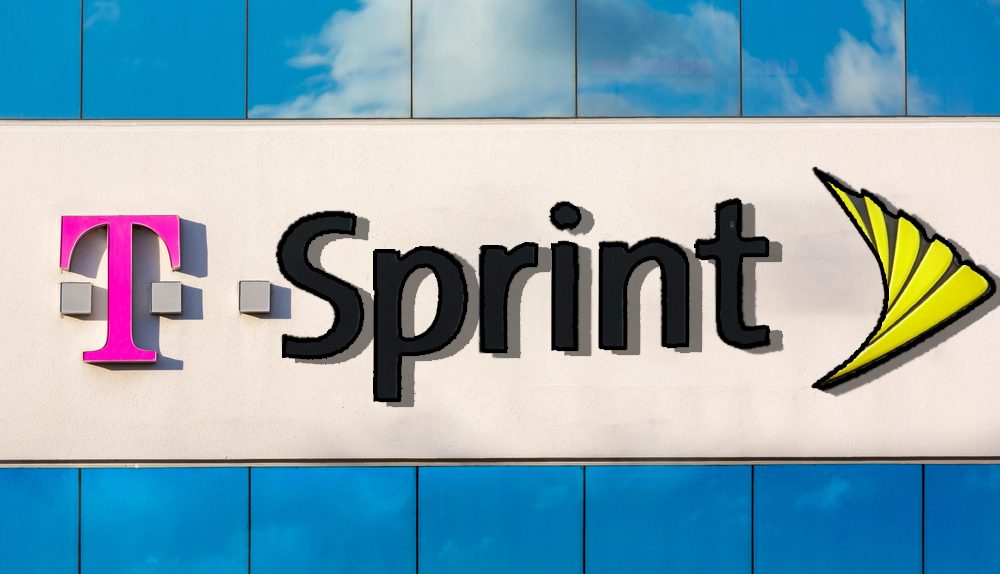Earlier today, Nikkei Asian Review published a report that merger talks between Sprint and T-Mobile are over. According to the story, Sprint owner SoftBank was unwilling to relinquish control of the merged company to Deutsche Telekom, T-Mobile’s owner.
According to the instant replay, at least, that move may not have been wise. Sprint’s shares are down 9% today following news of the announcement.
Sprint shares were down to $6.34 by close, down from over $7 this morning. T-Mobile shares were down 5% on the day.
Wall Street has generally been enthusiastic about the proposition of a merger. Combining Sprint and T-Mobile would result in a network with as many subscribers as AT&T and Verizon, and a formidable spectrum holding. That would give the company enough money, subscribers, and network coverage to significantly raise prices — good for the bottom line, bad for consumers.
That isn’t just idle speculation: AT&T and Verizon shares are down sharply, 1.3% and 2% respectively, following the news. Conventional wisdom would say that a T-Mobile/Sprint merger would be bad for AT&T and Verizon, as it creates a third network that’s big enough to compete. But as investors seem to understand, a merger would have the opposite effect, removing downwards price pressure and competition from the market, which would greatly benefit AT&T and Verizon. That’s why shares of those two are down, now that the merger is seemingly dead.










